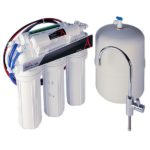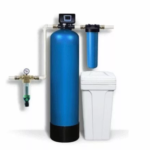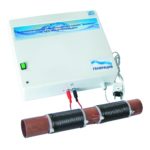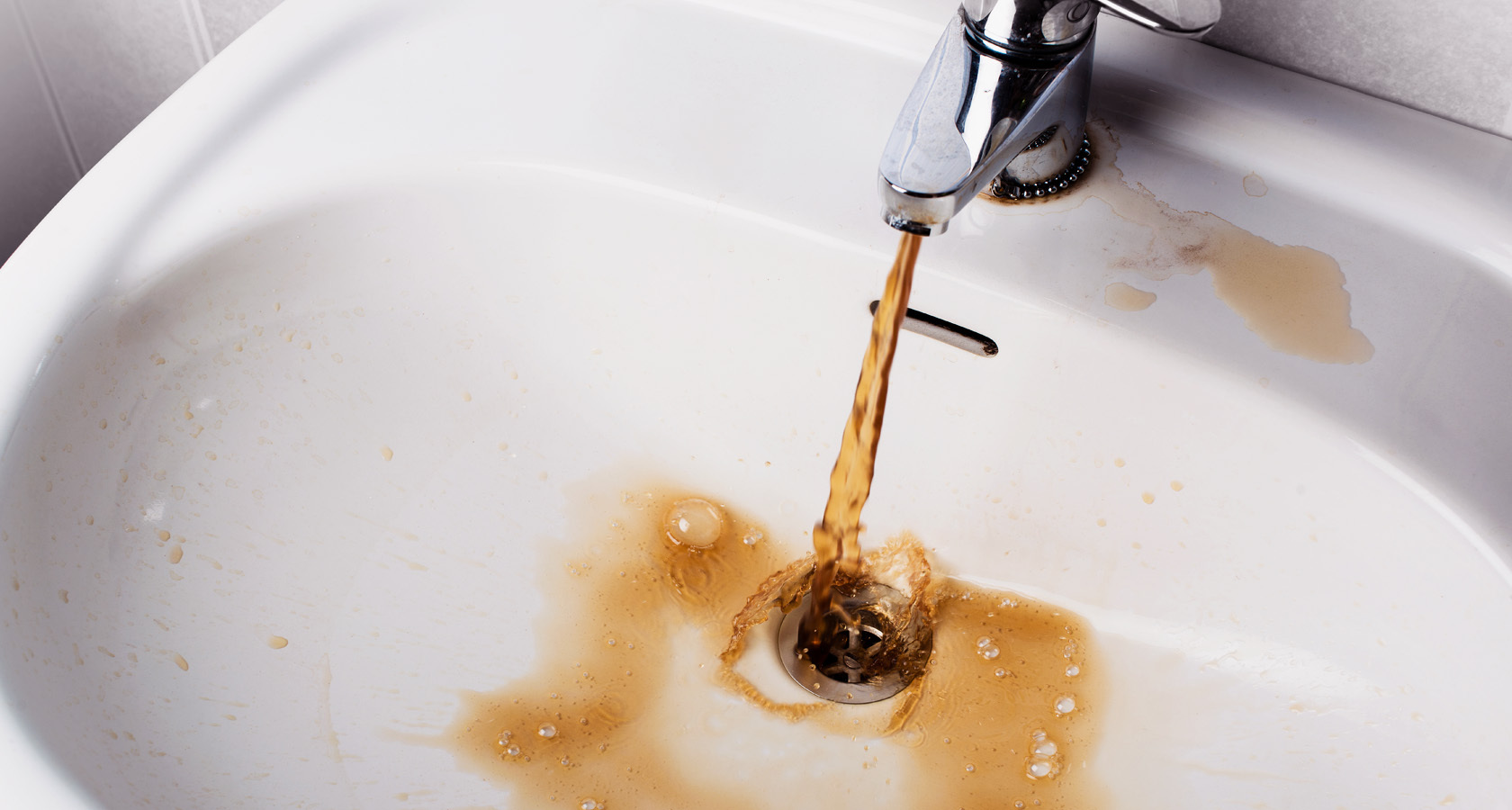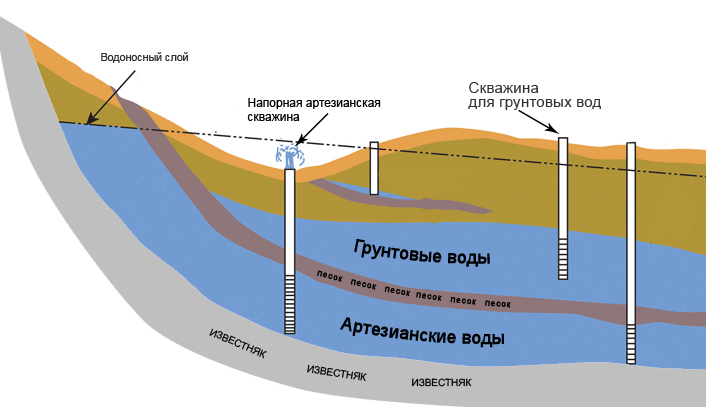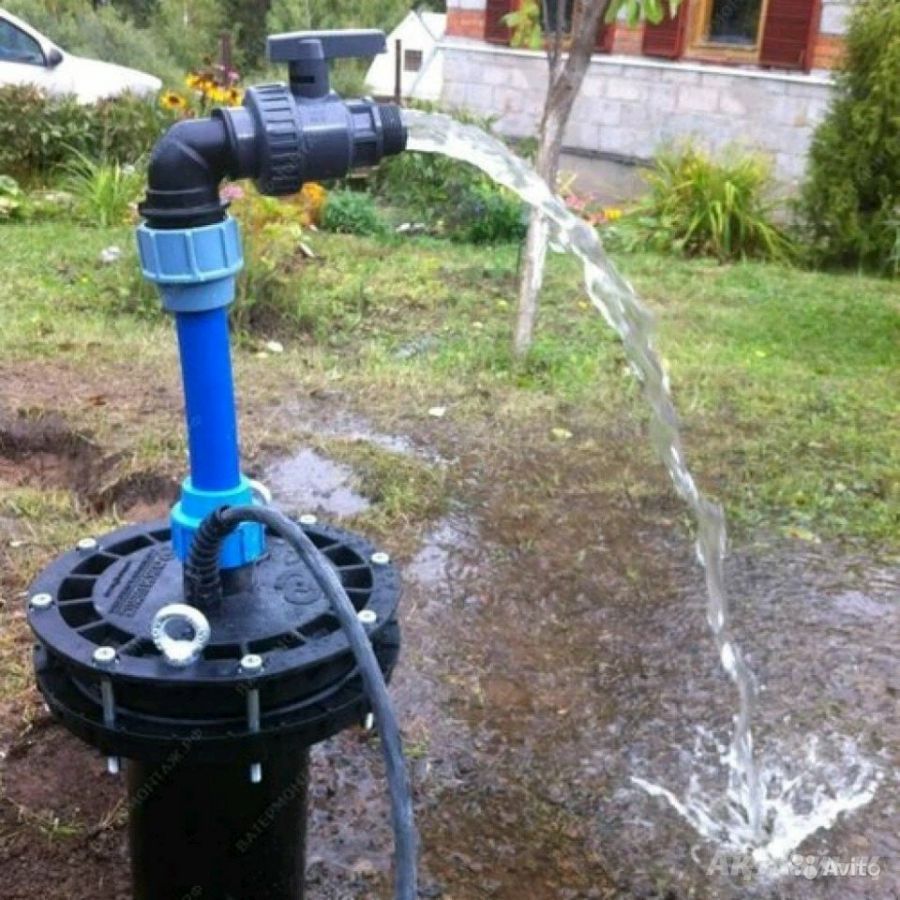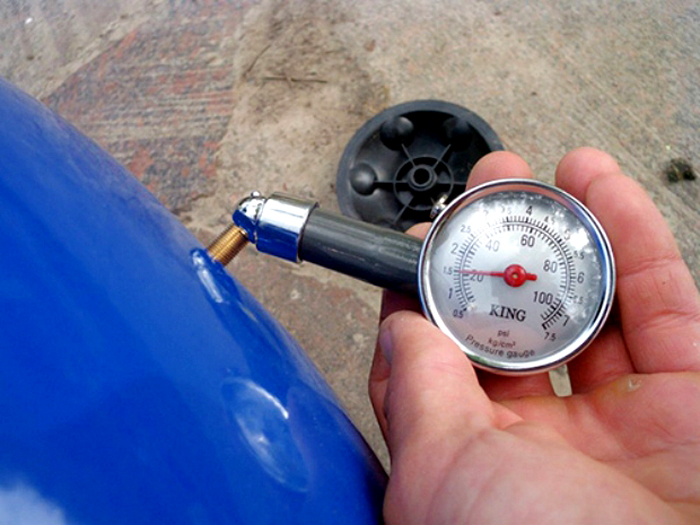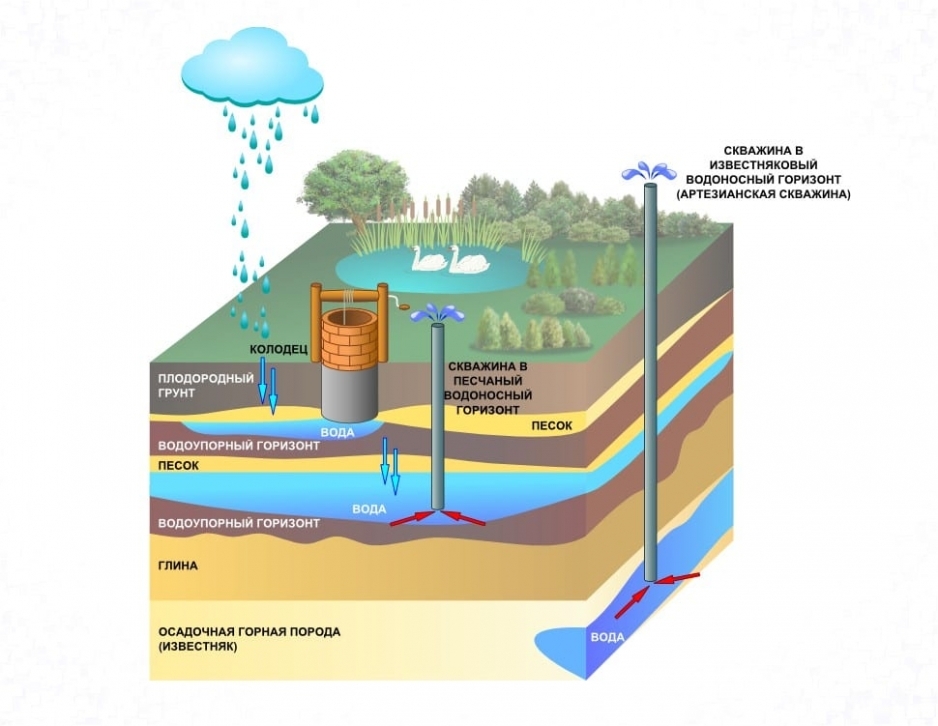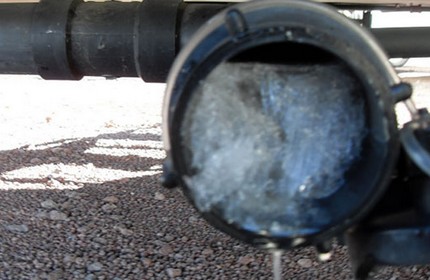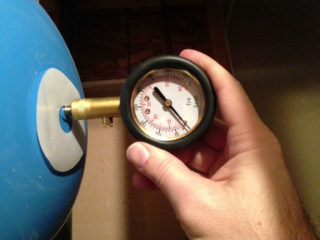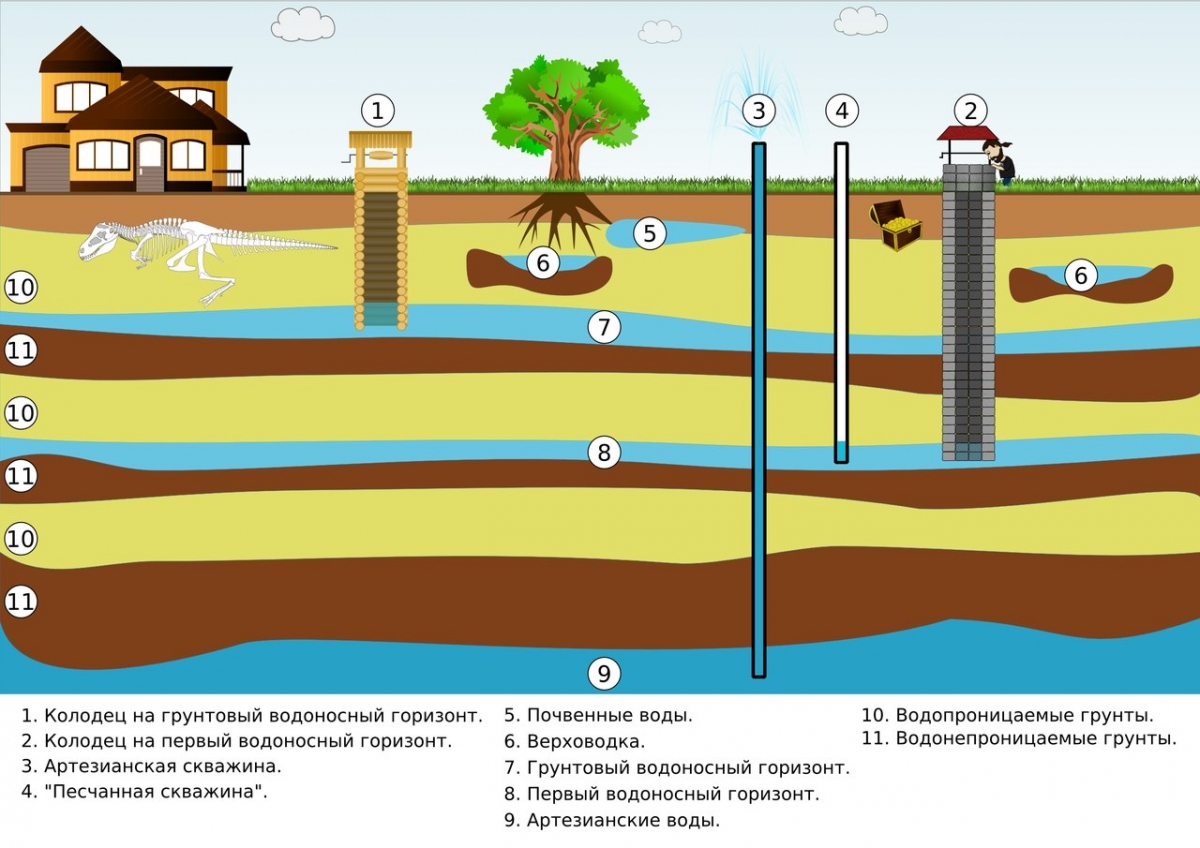The quality of drinking water, which a person constantly uses at home, determines the level of his health. The liquid contains almost a quarter of all trace elements that our body receives. If the liquid contains too many hardness salts, then the assimilation of these substances becomes impossible. Moreover, hard water negatively affects health and impairs the performance of all kinds of appliances in the house.
The importance of using a softener
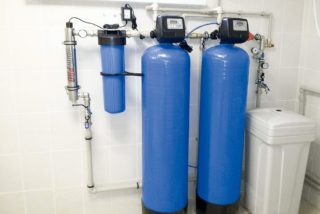
The need for softener is greatest for those homeowners who have their own well or well. A softener for hard artesian fluid is able to relieve the following unpleasant moments:
- a specific taste, a feeling of hardness and other impurities;
- the presence of sediment after settling boiled water;
- accelerated formation of scale in kettles and washing machines, as well as on heating elements of other appliances;
- distinct lime streaks on plumbing;
- increased consumption of detergents for dishes, laundry, hygiene.
High rigidity can also be recognized by such unpleasant consequences as a feeling of severe dryness and tightness of the skin after washing.
If you look even further, the absence of a water softener in a private house leads to the following consequences: a huge layer of scale in pipelines and the heating system, salt deposition in pumps and at stations, the destructive effect of a hard liquid on a hydraulic accumulator and membrane tanks. All this leads to the fact that such equipment as pumps, washing machines, kettles, boilers and heaters break down within 2-5 years after the start of use. In addition, all this leads to an increase in the cost of electrical energy.
The use of filters to soften water in a private house is the only way to eliminate these negative consequences and prevent large financial costs.
Types, features and principle of operation of water softeners for a cottage
There are 2 types of softening units: the first work from reagents and other chemicals that trigger a reaction to reduce hardness, the others activate physical processes without introducing new elements into the water. Within these two groups, cottage water softeners are divided into the following subspecies:
- Electromagnetic. Consists of a permanent magnet and an electrical processor. There are no chemicals in its composition. However, an electromagnetic softener can only be used to obtain household water that is not suitable for drinking. Thanks to the filter, a new form of salt is created in the water, which does not stick and does not settle on the elements of other systems. One of the advantages of the system is the possibility of self-cleaning even from old lime deposits in pipes.
- Ion exchange. The most powerful, popular and efficient filter that provides not only technical, but also drinking water. This cartridge consists of an ion-exchange resin, which passes water through itself and initiates certain reactions. Any dirty salts are retained in the resin, and at the exit the liquid receives positive sodium ions. Ion-exchange filters can be made both in the form of jugs and in the form of large stationary installations.
- Reverse osmosis.The reverse osmosis magnetic filter is supplemented with the function of removing bacterial impurities. Any foreign substances in it are eliminated at the molecular level, but such an installation is not cheap. The downside is that the system simultaneously removes useful salts from the liquid. Therefore, you cannot drink such water all the time.
Chemical methods of purification are divided into reagent and polyphosphate. In the first case, coagulants are used that bind and remove magnesium and calcium compounds. Sodium, phosphonates, soda ash are used as reagents. The method is suitable for processing household liquids.
The polyphosphate method is based on the use of sodium foliphosphates. In this case, the purified water is saturated with sodium ions. This method can be considered one of the varieties of the reagent water purification method.
House filter selection criteria
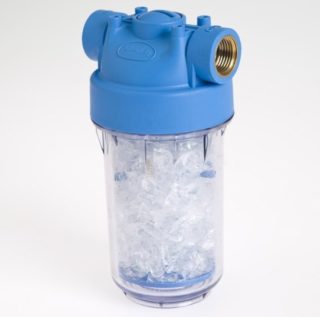
In order for water softening in a country house to be rational from a financial and technical point of view, it is necessary to choose a structure that matches the size of the room and the parameters of the hardness of the liquid:
- Compact filter softener. It is installed directly on the pipe, through which water goes into the washing machine and other devices, for example, into the boiler. Inside there may be a reagent - salt, as well as a magnetic field. But such a filter can only be used to obtain household liquid. A separate compact filter is required for each appliance in the house.
- Main softener. It is also installed on a pipe, but before branching through various elements of the domestic water supply system. Its cost is higher, and the operating speed is slightly lower than that of the first, so it is better to choose it for small houses.
- Cartridge filter. Consists of a transparent flask and a replaceable ion exchange resin cartridge. It is used during the exchange period of 4000 liters (six months of work).
- "Cabinet" filter. Small installation, suitable for a small summer cottage. Contains ion exchange technology and works 2 times more efficiently than other softeners. The water afterwards is suitable for drinking. Easily fits into a small sanitary cabinet.
- Ion exchange column with brine tanks. Large vertical unit with ion exchange resin. Consists of several elements. Ideal for large summer cottages and houses.
Ion exchange columns come in different sizes, capacities and designs. They can also have a different level of automation, which directly affects the features of system maintenance.
The purchase of an ion-exchange softening system is justified by the fact that it significantly improves the quality of the water. As a result, the service life of household appliances is increased, and the liquid used in food has a positive effect on health.
Water softening equipment cost
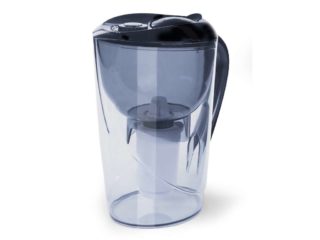
To organize the system, the installation itself is required, as well as consumables that are changed every 1-2 years of using the devices. Phosphate, salt filters cost an average of 1,500 rubles, but they soften the liquid only for household use.
Pitcher filters have a short service life - up to 3-4 months, and with increased water hardness - up to 2 months. The pitchers may cost a little, but due to the constant need to change cartridges, in the end the price will be higher.
Magnetic water softening systems for a cottage have a price of 2,000 rubles for an insert with permanent magnets. If an electromagnetic installation is used, then its cost starts from 8,000 rubles.
The ion exchange system is the most expensive, but the most efficient. It gives better water softening. It costs from 25,000 to 45,000 rubles on average. At the same time, its power is enough for many years of work.
The choice of equipment for softening water should be based on such criteria as: the amount of liquid consumed in the house, the degree of its hardness, the financial capabilities of the owner of the cottage and the area of a private house. Buying certified equipment, even a simple jug, is the best solution to improve the quality of your drinking fluid.

